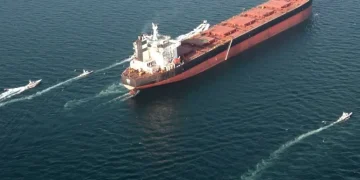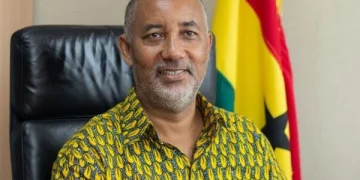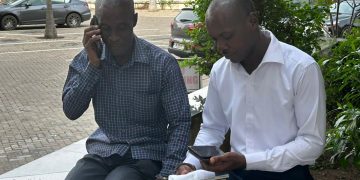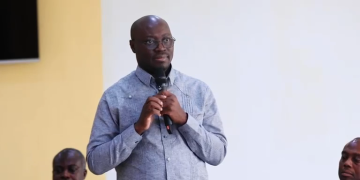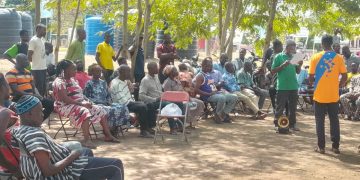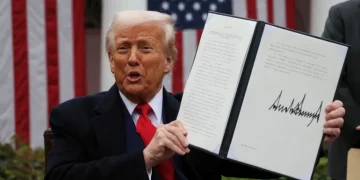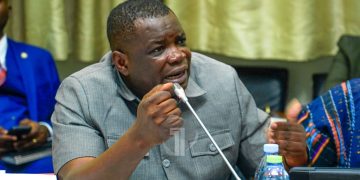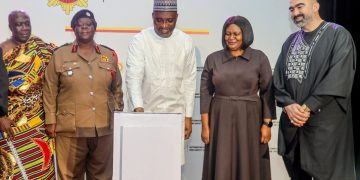The Roads and Highways Minister-designate, Kwame Governs Agbodza, has claimed that the controversial E-Gate system at Kotoka International Airport (KIA) was implemented without a formal contract.
Speaking during his vetting before Parliament’s Appointments Committee on Monday, January 20, Mr. Agbodza raised concerns about the procurement process and financial transparency surrounding the project, which was initially reported to cost the government $240 million.
The E-Gate system, introduced to modernize operations at Ghana’s main international airport, became a subject of public scrutiny following reports of its high cost. However, the Ghana Immigration Service (GIS) dismissed these claims in a December 2024 statement, labeling the alleged $240 million figure as inaccurate.
Mr. Agbodza, who also serves as the Member of Parliament for Adaklu, revealed that the project was originally part of the Ghana Civil Aviation Authority’s (GCAA) modernization efforts and was intended to be implemented at no cost to the government.
“If the government had listened to what I was saying, we wouldn’t have faced some of the embarrassment seen at the airport when the former Vice President attempted to commission it,” he remarked. “There isn’t even a contract for the E-Gate. No agreement exists for the $1.7 million figure that was mentioned.”
The Minister-designate further alleged that the GCAA had already been working on a similar initiative as part of its broader strategy to upgrade airport infrastructure, and the E-Gate system was initially proposed as a complimentary feature.
“When I raised concerns, the project was already being handled by the GCAA, and the E-Gate was supposed to be implemented for free. Following my objections, a memo was hastily prepared to justify it,” he explained.
Mr. Agbodza’s revelations have sparked fresh calls for accountability in the handling of the E-Gate system, adding to the ongoing scrutiny of procurement processes within Ghana’s infrastructure projects.
The controversy highlights the need for greater transparency and due diligence in public procurement to ensure efficiency and public trust in national projects.
Source: www.kumasimail.com


